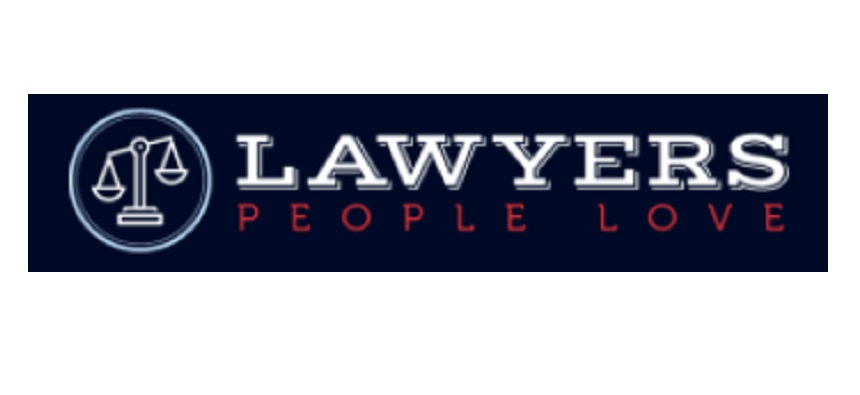Exempt and Non exempt Debts
What does Exempt and Non exempt Debts mean?
In the bankruptcy process, there are debts that can be discharged, and there are debts prescribed by bankruptcy laws that can never be discharged. Non-exempt debts can be discharged in all bankruptcies under certain legal conditions. One of the purposes of the bankruptcy courts is to decide which debts can be discharged and the value of the non-exempt debts which can be discharged in a bankruptcy proceeding. Debts that are exempt from discharge in bankruptcy are described by federal bankruptcy laws. There are 19 categories of debt excepted from discharge under Chapters 7, 11, and 12. A more limited list of exceptions applies to cases under Chapter 13.
Generally, the most common debts exempt from discharge include student loans, spousal support, child support, certain taxes, certain liens, debts obtained through fraud, debts a debtor failed to schedule on their bankruptcy petition, debts arising out of malicious and willful injury, debts from fines or penalties by government entities, debts from certain types of judgments for wrongful death and personal injury cases, and homeowner association fees post bankruptcy. This list, however, is not conclusive. If you have questions about what debts can be discharged with Chapter 7 or Chapter 13 bankruptcy, talk to a bankruptcy lawyer.






